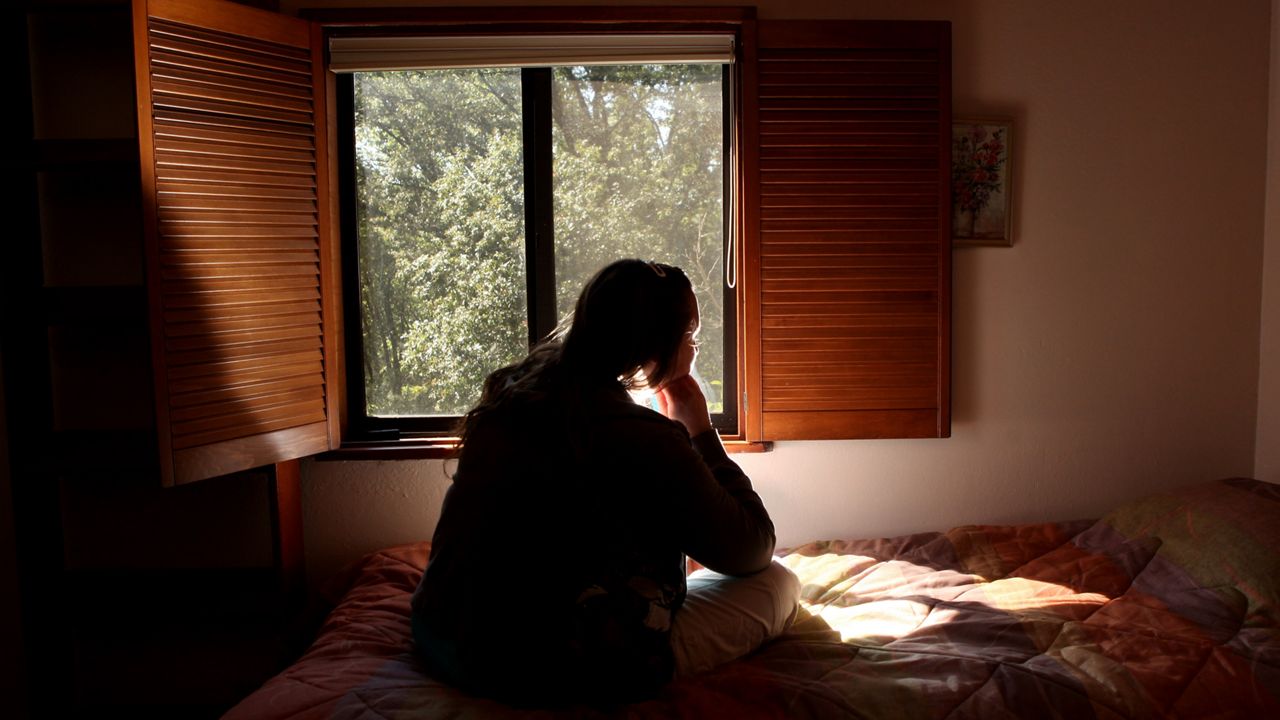Medicaid reimbursement rates are being brought up again as state leaders negotiate the budget. Some nursing homes are again pushing to raise rates, saying they can't maintain operations, but others argue current funds need to be managed better.
“In here is better than wonderful. It’s like a family,” said Lucretia Campbell, who was a patient at Waterville Residential Care Center about a year ago for rehabilitation.
Her husband has been in the facility for about two years due to his dementia. She said it saddens her to hear nursing home facilities like this one are struggling to keep their doors open.
“I don’t know what I would do if they had to close, I truly don’t. To me, it’s like a nightmare thought,” said Campbell.
“The Medicaid rates have just such been a struggle because every time they give some, they take more back,” said Judith Harding-Staeelens, the administrator for Waterville Residential Care Center.
She said the amount of money coming in does not meet the needs of how much it takes to run the facility.
“My facility in Waterville alone is 50 years old, and to maintain the building and to be able to provide high-quality care at less than $200 a day,” said Harding-Staeelens.
The state has taken steps to address the larger financial struggle at nursing homes by increasing Medicaid reimbursement rates. In 2024, New York made a one-time $285 million investment, adding up to $13.55 a day extra, per patient. The state budget is still being negotiated but Gov. Kathy Hochul wants a $200 million investment for nursing homes, assisted living facilities and hospice care. State lawmakers are hoping that investments come in higher at $250 million.
Administrators like Harding-Staeelens say even with the increases, they’ve had to make changes to keep up with costs.
“Very strict on expenses throughout each department. Unfortunately, we’ve had to downsize some departments, we’ve had to multi-task,” said Harding-Staeelens.
“You read back to congressional testimony from the 80s, it’s frankly the same song and dance. We don’t get enough money to provide better care. If you force us to do any better, we’re just going to have to close,” said Richard Mollot, the executive director for the Long Term Care Community Coalition.
The nonprofit organization focuses on improving the quality of care for disabled and elderly people in nursing homes. Mollot says cost reports can easily be manipulated.
“We participated in a study in 2023 that looked at the cost reports for over 11,000 nursing homes across the country. We found that there were significant amounts of money that were being put into administrative costs that were being tunneled into what we call related parties where some of these owners, for instance, they will buy a nursing home and they will sell the property and the building to another company but they themselves own that company,” said Mollot.
The Elemental Management Group, which manages Waterville, says it recognizes there are bad actors in the nursing home industry, but says the actions of a few should not penalize the entire sector.
“Our hope is that we can get legislation and government to understand that supporting the Medicaid rates and really ensuring that they are equitable across the board,” said Harding-Staeelens.












